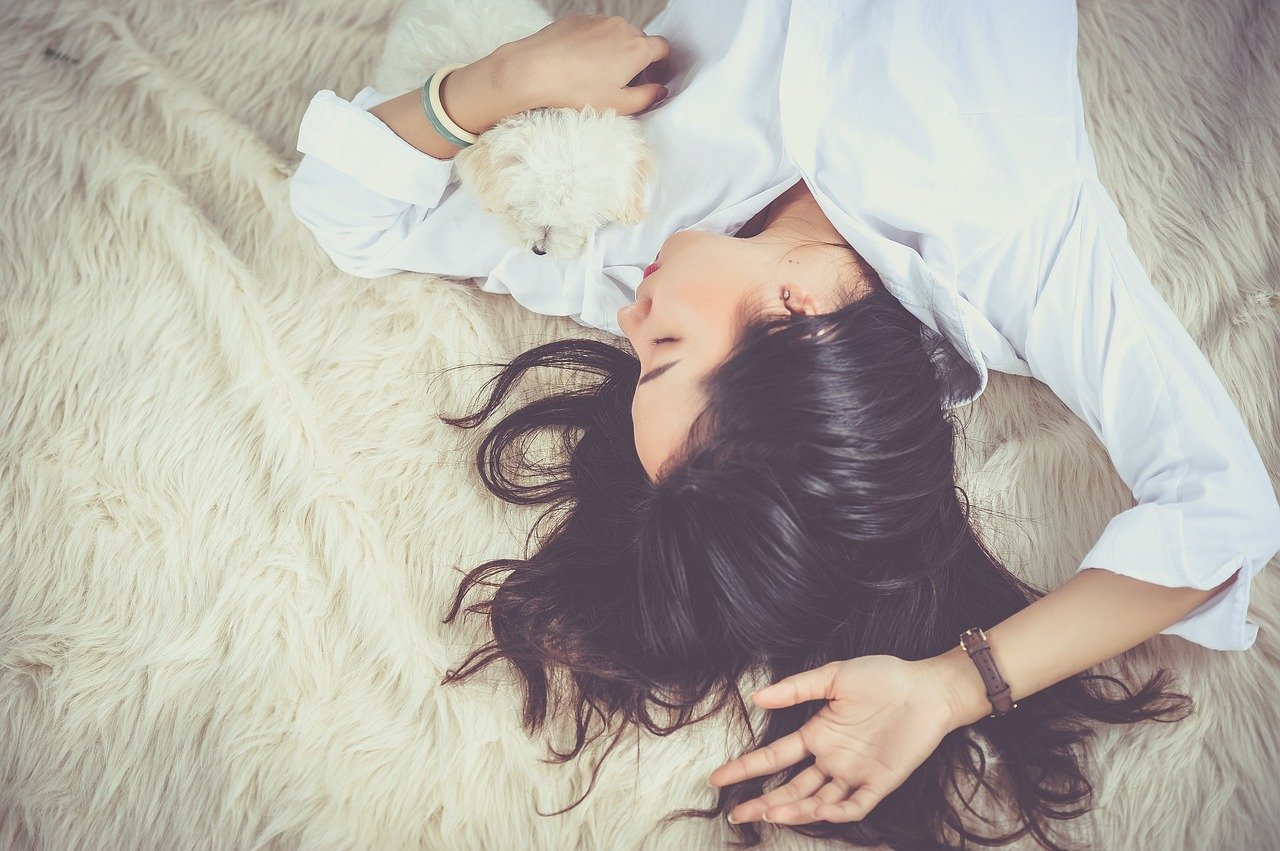Microsleep may sound harmless enough, but it is a potentially dangerous condition usually caused by medical issues such as sleep apnea, narcolepsy and insomnia. If you’ve recently been diagnosed with sleep apnea and are wondering how microsleep could be affecting you, we’ve put together a quick guide to the condition.
What is microsleep?
Microsleep is defined as periods of sleep that only last a matter of seconds. People who experience microsleep may find that they doze off in the middle of an important task. Indeed, they can briefly fall asleep almost anywhere, including whilst driving. This is what makes microsleep potentially dangerous.
Symptoms of microsleep
The symptoms of microsleep are not always obvious and a sufferer may not even realise that they have been asleep for a brief period. Warning signs to look out for include:
– Failing to respond to information
– Dropping the head
– Staring blankly on a regular basis
– Experiencing body jerks
– Blinking slowly
– Being unable to remember the immediate past
When does microsleep happen?
Microsleep can occur at any time of the day, although it is most likely to occur during hours when you are normally asleep such as the early morning.
Why does microsleep happen?
Microsleep primarily occurs due to a lack of sleep or failure to get enough high-quality sleep. These issues can be caused by a number of medical issues, including sleep apnea. This is because sufferers of sleep apnea are often woken up several times during the night thanks to blockages in their upper airway. This can impact both the amount of sleep they enjoy and their ability to achieve high-quality deep sleep.
How can microsleep be treated?
The best way to avoid microsleep is to treat the underlying causes of your sleep apnea by opting for a CPAP mask and making lifestyle changes such as losing weight and stopping smoking. You can also make a few simple changes before bedtime including:
– Avoiding caffeine before bed
– Keeping your bedroom cool
– Turning off any lights in or surrounding your bedroom.
Remember, always try to aim for between seven and nine hours of sleep a night to stay feeling your best.

